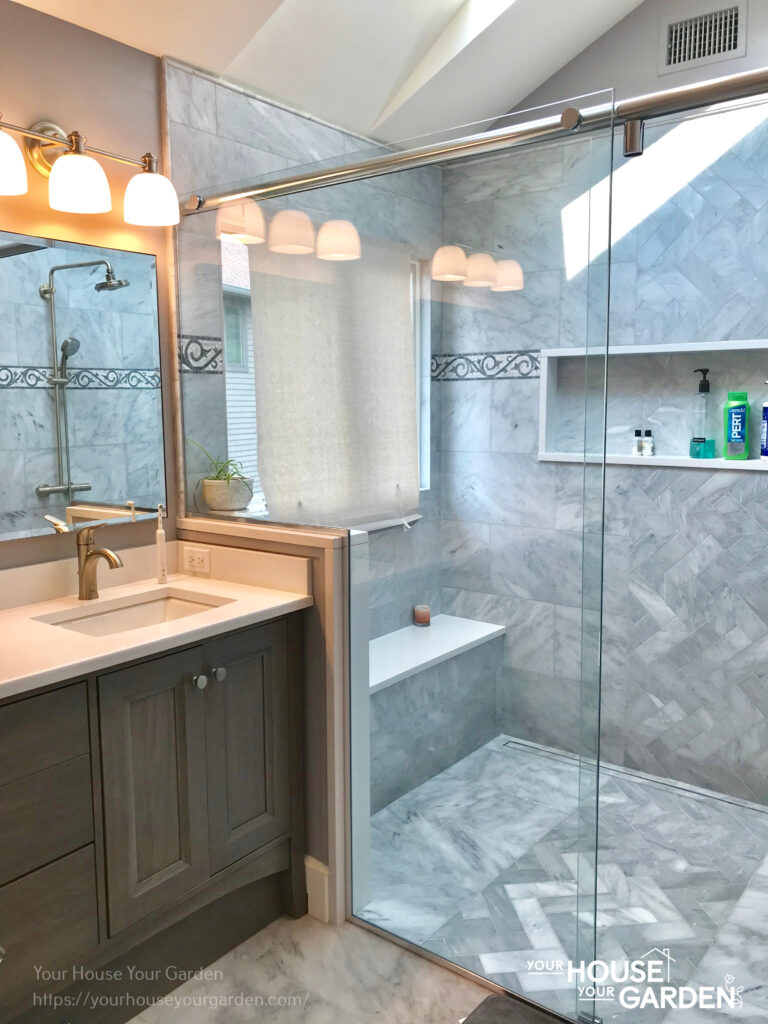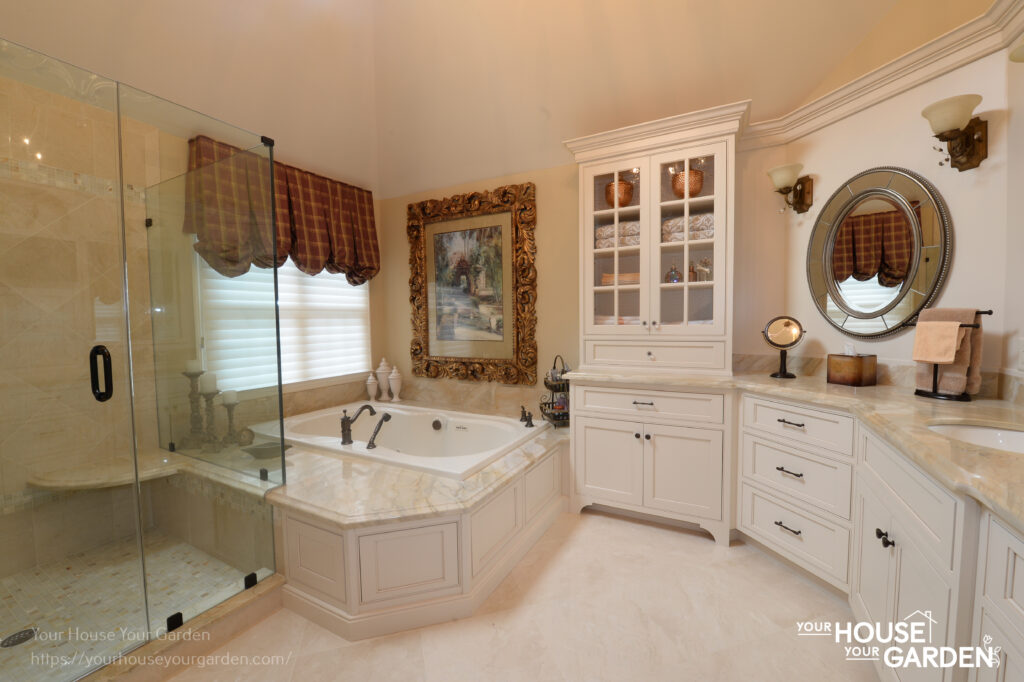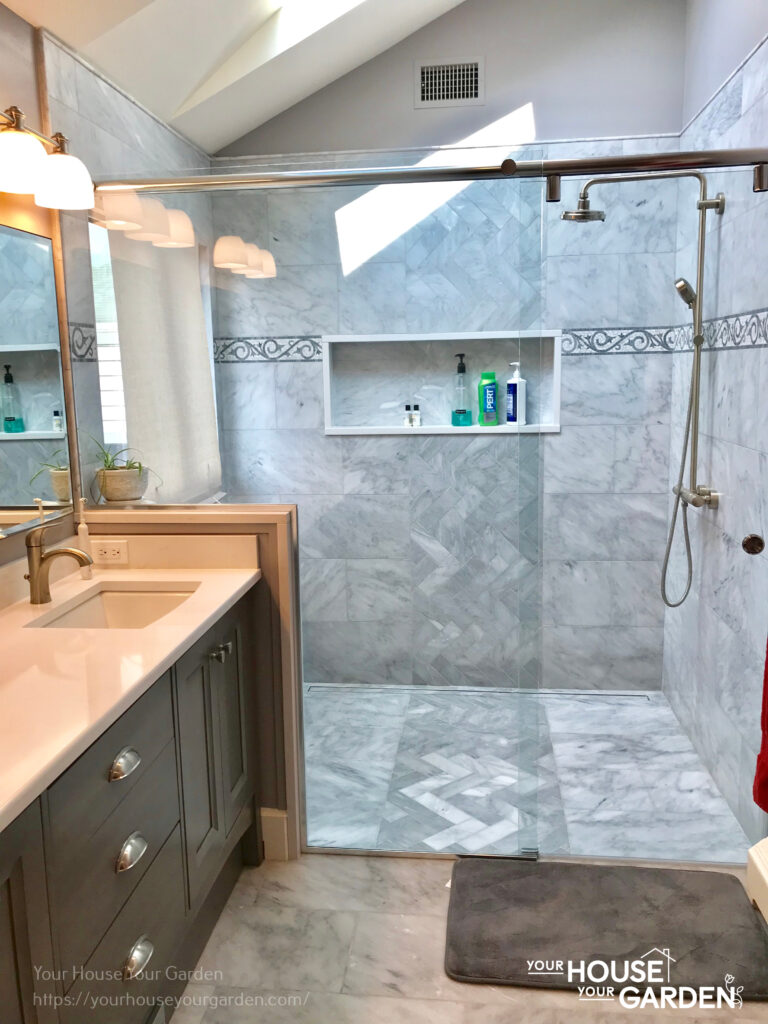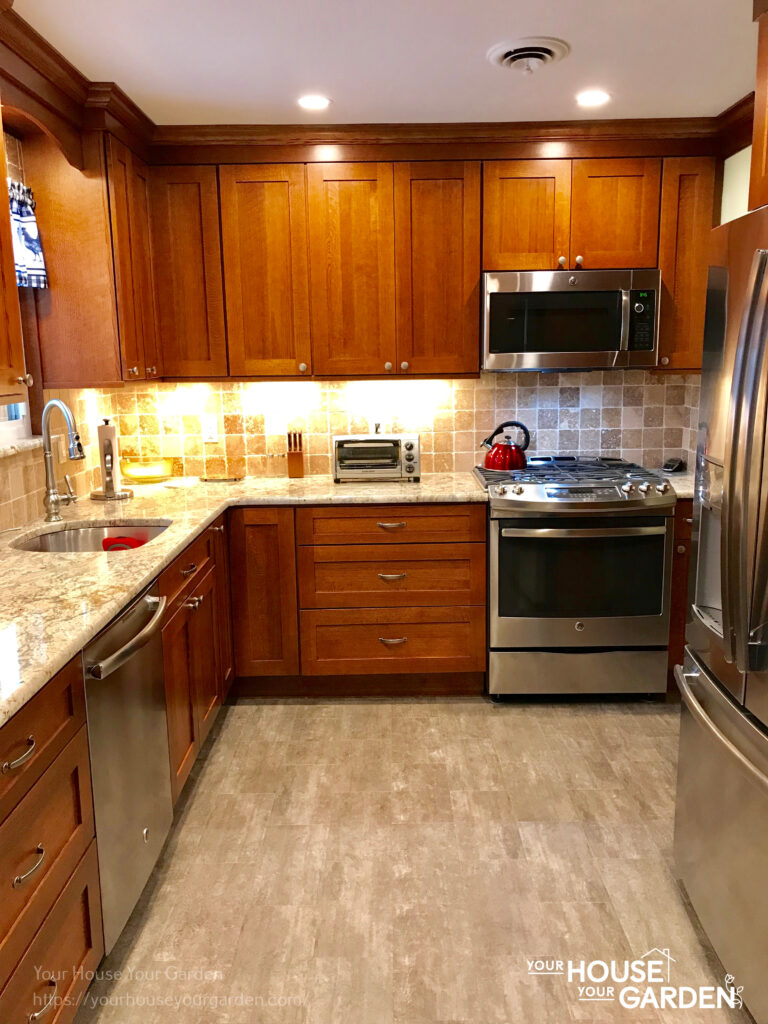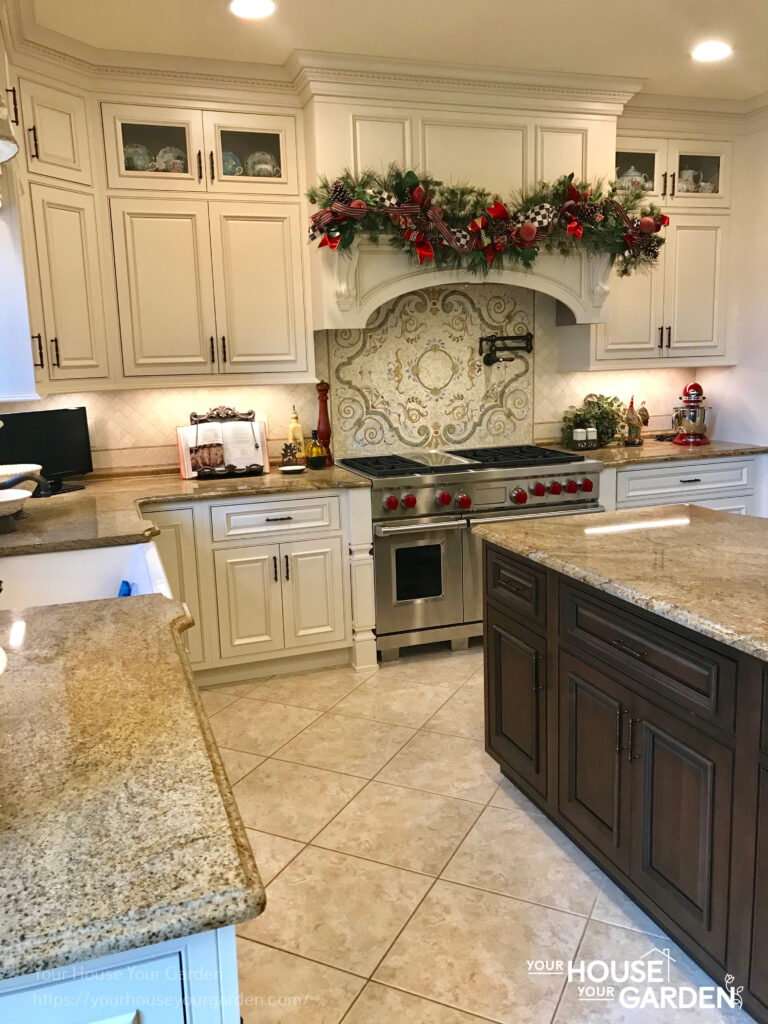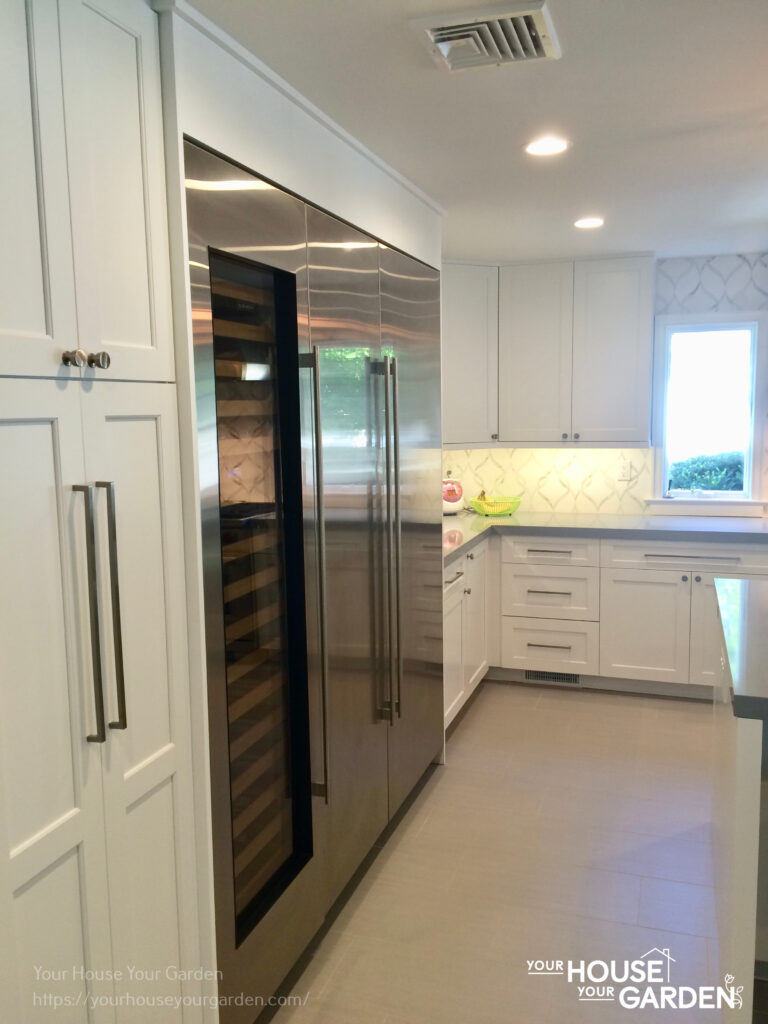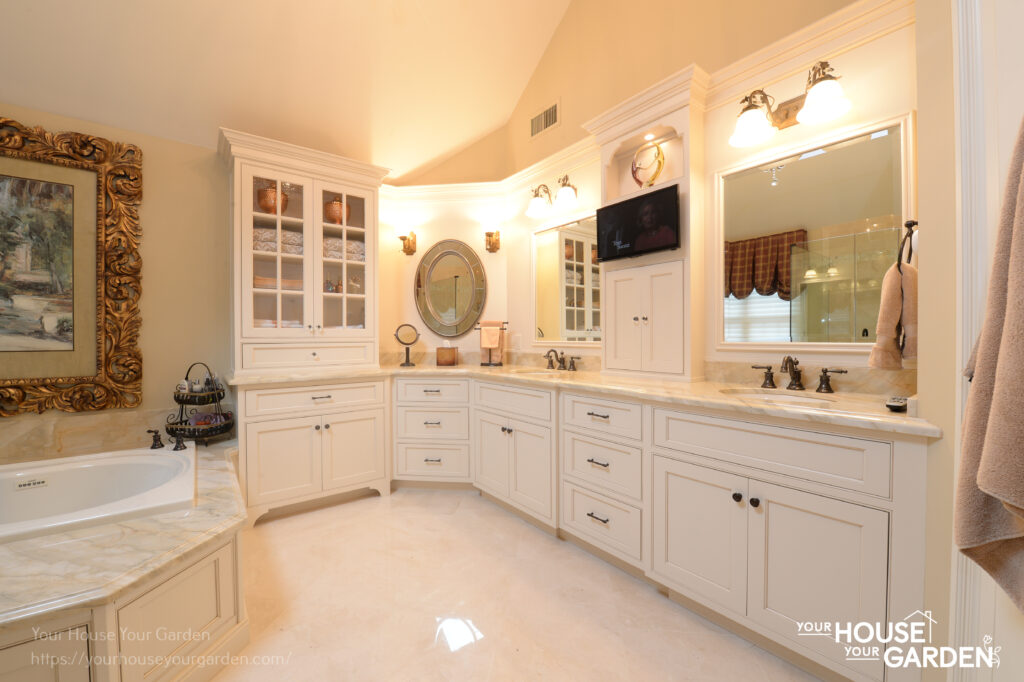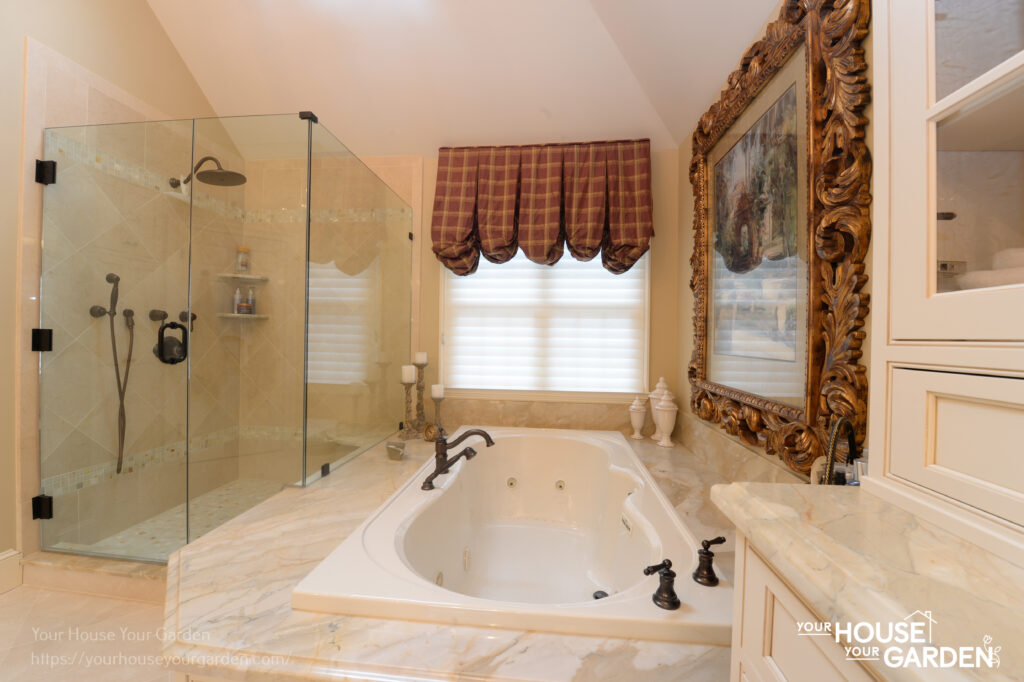Porcelain Tile Flooring
Home » Home Remodeling » Flooring » Tile Flooring » Porcelain Tile Flooring

You may be wondering, can porcelain tile be used on floors? Yes, porcelain tile is not limited to kitchen countertops or bathrooms. Homeowners often choose porcelain and ceramic tile and here’s why porcelain is an excellent choice for floors in spaces around your home.
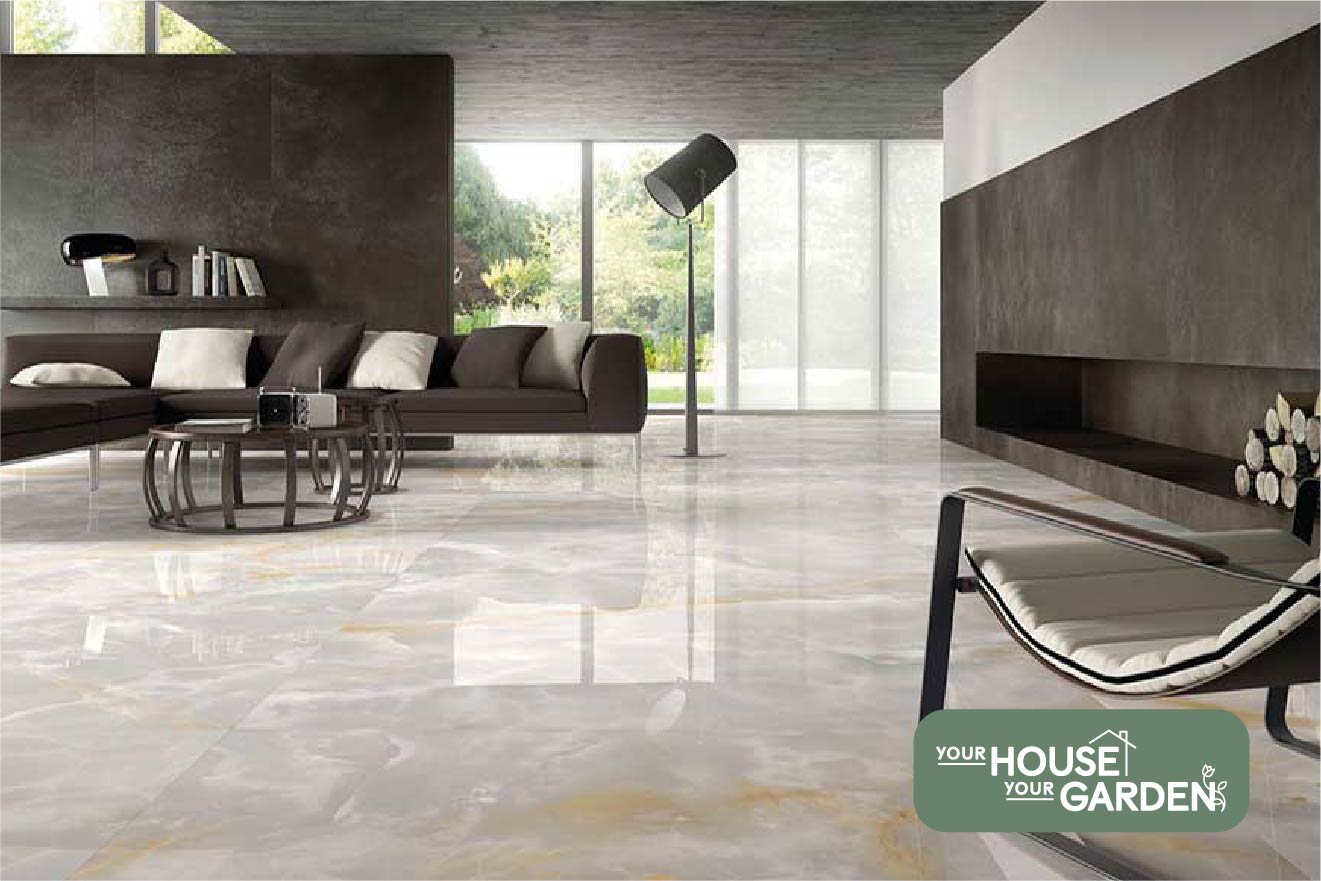
Why You Should Choose Porcelain
Porcelain is a type of ceramic tile but is produced differently. The benefits of porcelain specifically are that it is:
Stress-free
Porcelain tile, especially when it is glazed and sealed, is easy to maintain. Unlike other materials, the coating on ceramic makes the tile resistant to staining, moisture, and germ build-up. Hair, dust, fur, and other allergens most people are worried about also do not stay trapped on a porcelain tile floor which makes it a great option for pet owners.
Stylish
If you use porcelain as wall tile, you already know how many styles, patterns, and shapes porcelain tile is available. The range is endless and you can keep up with the trends and match mosaic porcelain tiles with plain ceramic tiles or use one color, white and other neutrals, to achieve a modern minimalist look.
Safe
Porcelain, like other materials in the ceramic family, is non-flammable. This means that it is safer to use than carpeting or wood and can be laid around fireplaces or firepits in the backyard. You can also shop for a non-slip tile for high traffic areas when you are going through the kitchen remodeling process or renovating the bathroom.
A Great Way to Add Value
Porcelain tile is not only known for its beauty but also as a functional non-porous material. Porcelain tile can elevate a room as a floor that looks like wood, marble, natural stone, or slate. This type of floor can take daily wear and tear which adds value to your space and home if you are going to put it up for sale in the future.
Long-lasting
Another reason to purchase porcelain tiles is that they are durable. The durability of porcelain is due to its composition and manufacturing process. Porcelain is strong and dense which makes it resistant to scratches, changes in the weather, and high foot traffic.
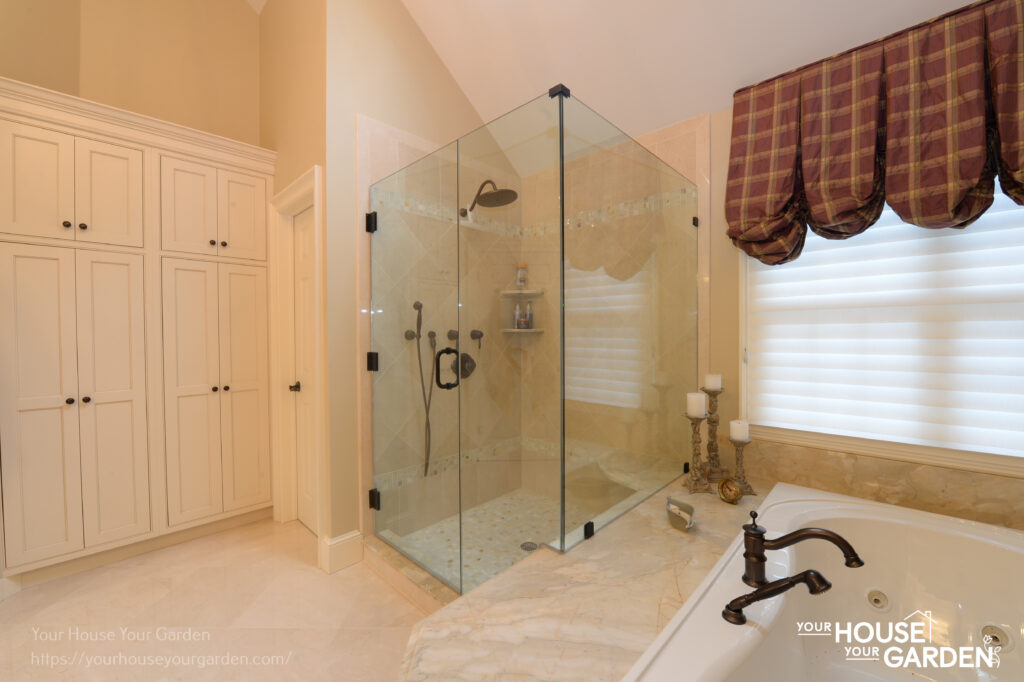
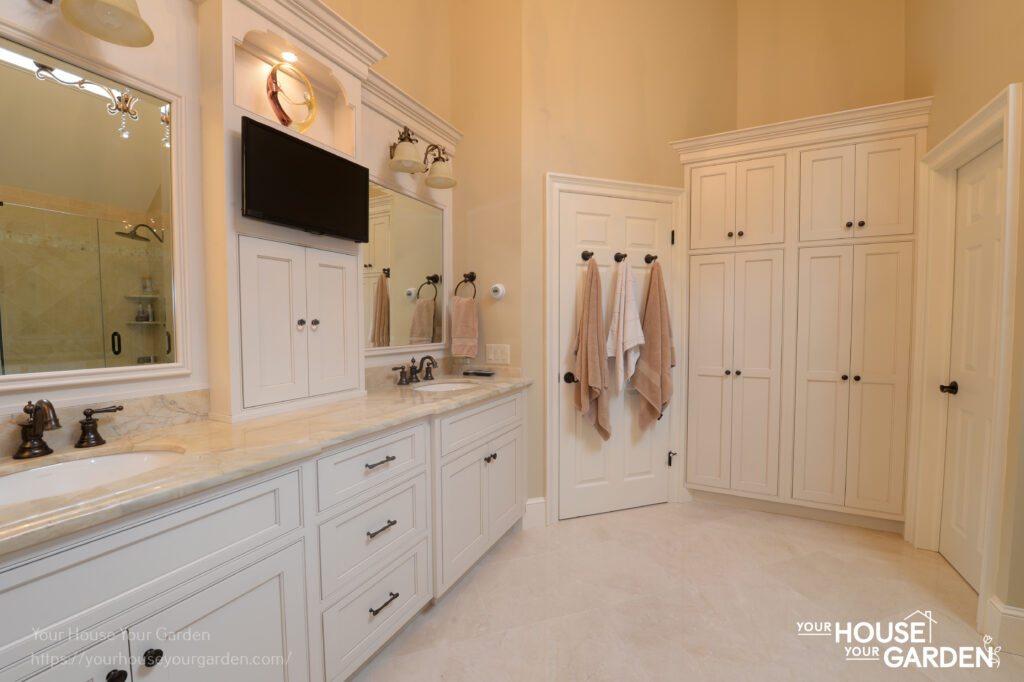
How to Choose Porcelain Tiles
When shopping for porcelain floor tile, here’s the checklist you should go through.
Types
Your remodeling or renovation project may require a specific type of porcelain tile. For flooring, you can shop for:
Matte: also known as unglazed tile, powdered clay is pressed into a mold and fired. Each tile will have a different pattern and if that’s your style, it makes a very unique flooring option.
Glazed: a porcelain tile is fired and treated with a matte, semi-polished, or gloss glaze that is a solid color or has a pattern.
Polished: after being baked and removed from the kiln, a ceramic tile is polished and does not need the glaze to shine. A polished porcelain tile will cost less than one with a glaze because it does not require extra treatment.
Full Body: full body porcelain tile have a color or texture throughout the entire tile and can be polished, matte, or glazed.
Textured: textured porcelain tile has a finish that mimics stone or wood as opposed to a smooth surface.
Multiple Loaded: raw materials are pressed twice and a porcelain tile will have two laters. 25% of the tile will be composed of noble minerals and 75% will be made up of speckled material. Unlike traditional tile, there is a limited color palette to choose from with this type of tile.
Standard & Colored Body: clay is pressed into a tile and has some texture but there is only a 2D design without any intricate details. This is an affordable tile that offers a simple look.
Twin Pressed: the first press uses innovative technology to blend and compact colored minerals. A second press compacts the body and glazes together for a 3D look which is why this tile is an expensive choice for your floors.
Appearance
In the tile shop, you will find that there are different sized tiles for walls in the bathroom, backsplash in the kitchen, the patio outside, and flooring. Depending on your overall style, budget, and the size of your rooms, choose from the following shapes:
Square
Hexagon
Rectangle
Arabesque
Diamond
Chevron
Plank
Circle
Mermaid
Different tile sizes will also affect the appearance and feel of a room. Flooring can be installed to make a room seem more spacious or draw clear lines between zones. For instance, you can mix and match up to two tile sizes for a harmonious look. Large tiles for flooring, with few grout lines, can make a room feel more open and expanded. Longer tiles can lengthen a space and give it a clean look.
Smaller tiles used in flooring are prone to making a room look more compact but can be installed in small spaces to create flow and add texture. Choose grout with a similar or complementary color for flooring made up of smaller tile so that it is easy on the eyes.
Installation
After you have decided on the tile for your flooring, you will need to decide on the type of installation that is best for you. You can choose to install tile yourself which will require tools and extensive planning regarding the layout of your tile, grouting, and sealing. You can also reach out to professionals to take care of this part of the remodeling or renovating process for you.
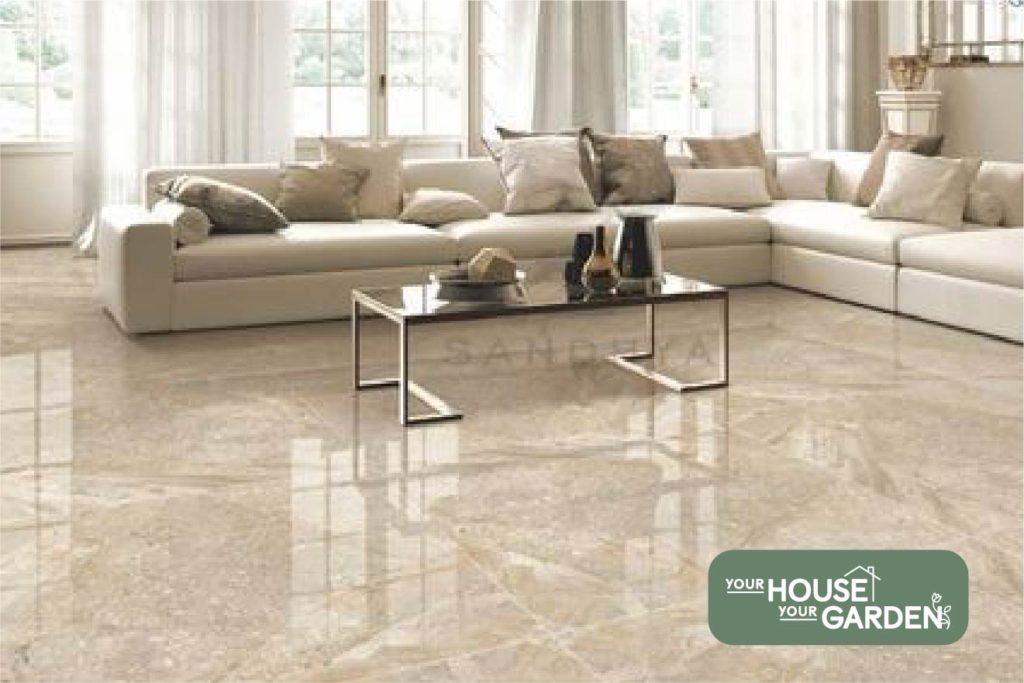
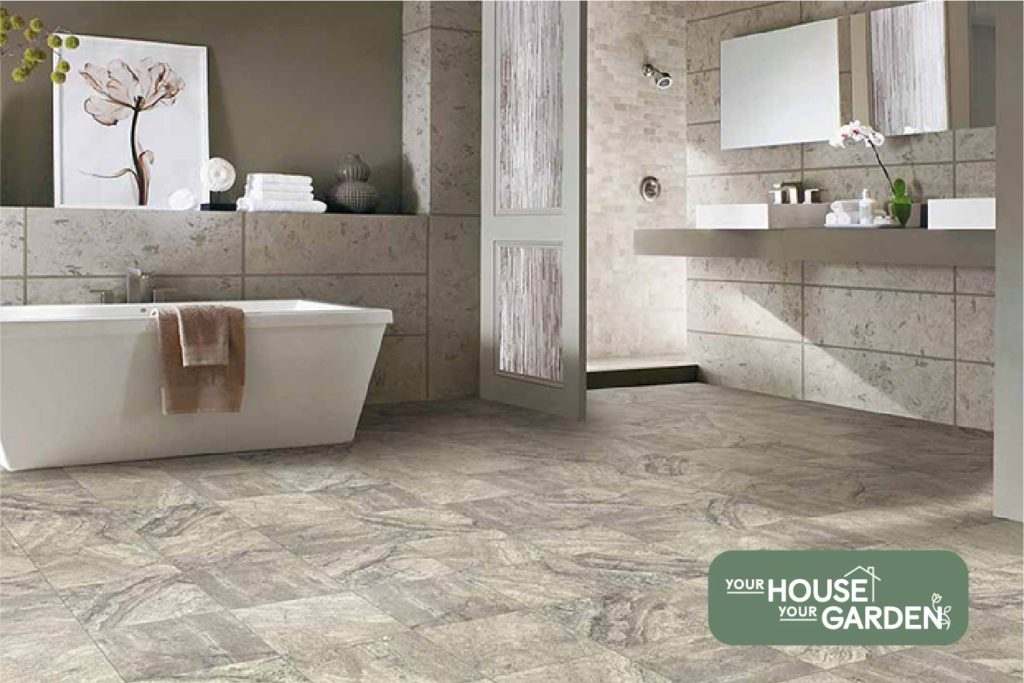
FAQs About Porcelain Floor Tile
Are porcelain floor tiles expensive?
The cost for porcelain floors can range from $2 to $40 per square foot depending on what is available in stores. The composition and size of porcelain tiles will affect the average prices for tile. For instance, natural stone will cost more than a solid color. Additionally, professional installation will require $500 to $7000 with the average being $3000 for 200 square feet.
Do porcelain floor tiles chip easily?
No, porcelain tile does not chip easily. Unlike ceramic tile, porcelain is more dense, durable, and has a lower moisture absorption rate. You can easily install porcelain tile outdoors without worrying about it chipping when the temperature drops.
Is porcelain tile better than ceramic tile?
Yes, porcelain tile is better than ceramic tile. Porcelain does not chip easily and can be full-body tile so that when it is slightly damaged, it will be hardly noticeable.
